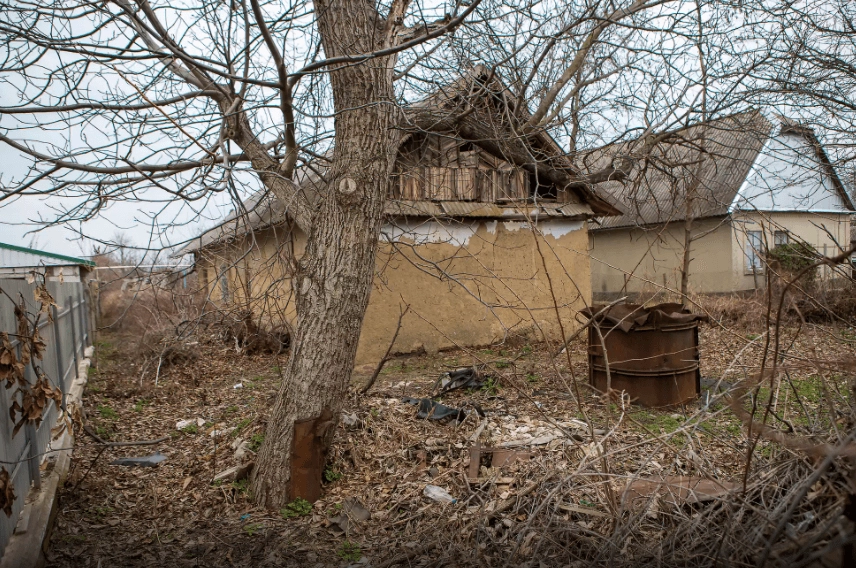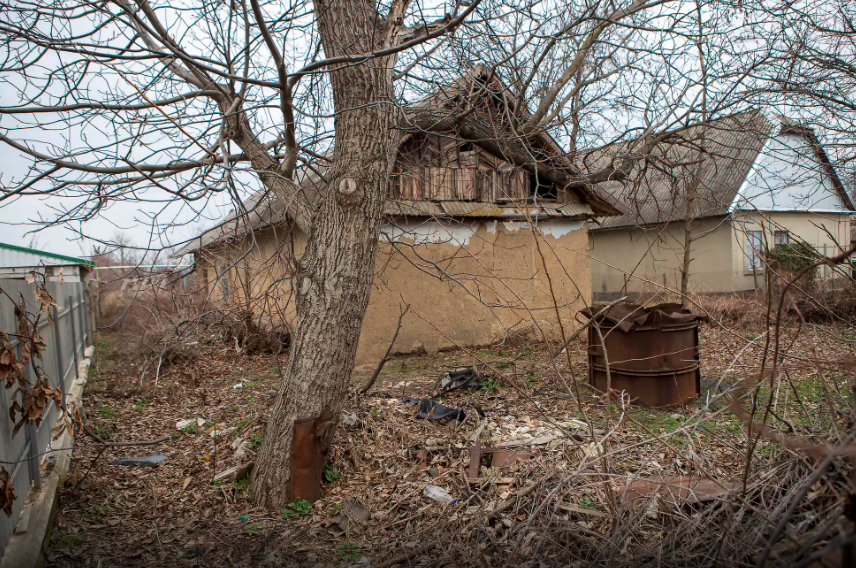Soles4Souls mourns the loss of our CFO and long-time staff member, Robert Adams-Ghee.
See our tribute to him here.
Soles4Souls mourns the loss of our CFO and long-time staff member, Robert Adams-Ghee.
See our tribute to him here.
- Who We Are ▼
- Our Work ▼
- Get Involved ▼
- Who We Are ▼
- Our Work ▼
- Get Involved ▼
- Our Work ▼
- Our Work ▼




